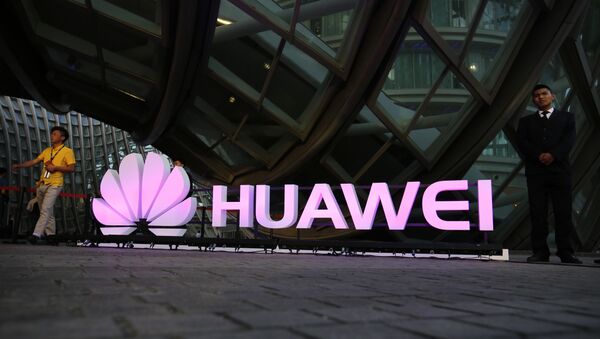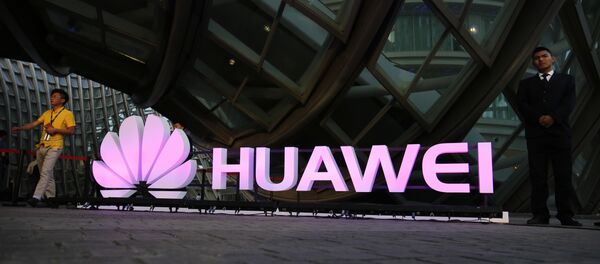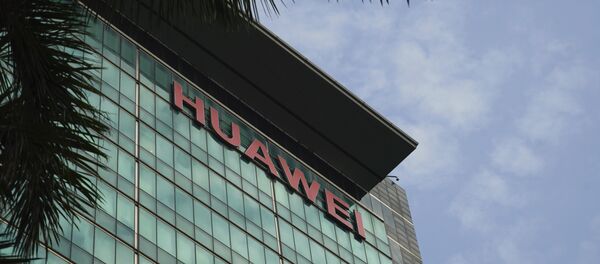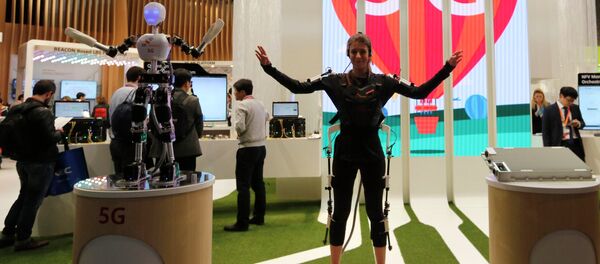Huawei handsets are now the third highest selling in Germany. This brings us to an interesting crossroads — do Western countries want to develop as fast as possible by adopting what is best, no matter the source, even at the risk of not mastering the technology involved? Or do they want to fend off foreign technology and rely on domestic developments, even if it costs more and/or takes longer, (affecting developments like self-driving cars), and maintain domestic capability?
It's a question of trusting China, the US, and their capabilities. Unfortunately, public opinion is easy to manipulate. The US tried hard with the highly publicized arrest of Huawei Chief Financial Officer Meng Wanzhou. When Deutsche Bank was charged in 2015 for violating Iran sanctions and fined $258 million, not one executive was arrested or indicted.
Mobile phone and internet networks are converging. Germany in Central Europe has by far the highest number of backbones and nodes and is therefore of great interest.
Germany appreciated the protection during the Cold War, but today we carry the brunt of the refugee crisis, caused not in the least by US belligerent foreign policies in the Arab world. Now, the EU is threatening a trade war. After steel tariffs, we now face 25 percent taxes on car exports to the US, since they were labeled as "a risk to national security." This surprising classification lets us reassess claims made against Huawei.
There is no clear, united European attitude toward Huawei. Private telecommunication companies have assured they test their components in labs for vulnerabilities, just as they have always done. Germany has three carriers, Deutsche Telekom, O2 (owned by Spanish Téléfonica), and Vodafone, with similar market shares.
Deutsche Telekom CEO Tim H?ttges said his company keeps the normal suppliers Huawei, Cisco, Ericsson and Nokia also for 5G. But while they can guarantee security, they would bow to politics. This could include US politics. T-Mobile US wants to merge with Sprint, but needs anti-trust approval. In a separate issue, the US doesn't hesitate to rely on blackmail tactics as witnessed in Poland where they tied a new military base to the 5G decision.
The UK, as a member of the Five Eyes intelligence alliance with the US, Canada, Australia and New Zealand, seemed to comply with US demands, but back-peddled when Ciaran Martin, head of the National Cyber Security Center said in a recent speech in Brussels the risks were covered.
Vodafone Germany announced it would exchange the remaining Huawei components with Nokia in its core network through 2020, but would retain 50 percent of Huawei in the less sensitive radio access networks, citing economic reasons from 2017. The president of the German industry association (BDI), Dieter Kempf, expressed clear opposition over treating Huawei differently, fearing retribution against German manufacturers.
Governments that deal with US pressure use different language. They mention national sovereignty, and the importance of keeping citizens and companies safe, showing they take the situation seriously. However, they must consider speedy and cost efficient network coverage and each carrier's economic condition.
Opposition parties across the political spectrum, in search of political gain, have become increasingly aggressive toward Huawei.
However, this recent "no-spy agreement" could be interpreted as a form of Huawei exclusion, since China's 2017 National Intelligence Law requires its companies to cooperate with national intelligence efforts wherever they operate.
Finally, giving German authorities the source code requires significant trust on behalf of the suppliers as their trade secrets are embodied within the code. Thus, European politicians make their decisions based on compromises from their allies, voter sentiment, economic imperatives, tendentious news and respect for seldom understood technology.
This article was originally published in Global Times.





